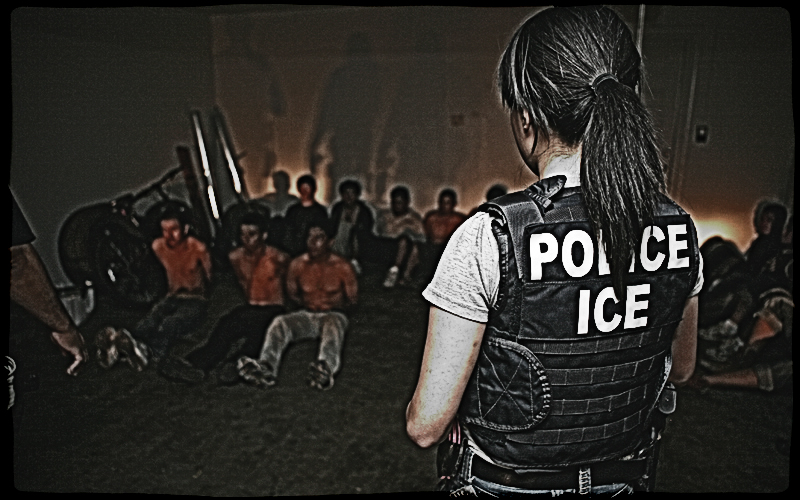One of the reasons I came to work for the Center for Immigration Studies was that I wanted to make the case for humane but firm enforcement of the Immigration Reform and Control Act of 1986 (IRCA). That legislation presented to the American people a compromise between two values that had come into conflict. IRCA provided the compassion of legalization for illegal immigrants with a pledge that the federal government would check future illegal immigration by cutting off the jobs magnet with penalties for employers who knowingly hire unauthorized workers.

As everyone now knows, IRCA's amnesty was carried out, benefitting nearly three million people. But over the years its enforcement dwindled under pressure from economic and ethnic interests that benefitted from illegal immigration.
Public frustration at this failure of governance mounted steadily through the years. It was a major factor in the election of Donald Trump, who launched his presidential campaign with an intemperate appeal to those grievances. Mexican immigrants, he infamously said, were "rapists", though some were presumably good people.
Now the Trump administration, following through on Trump's campaign promises, is ramping up deportations. While the administration's new policy emphasizes the removal of those who committed felonies, it is also giving ICE agents a green light to initiate deportation proceedings against those whose principal offense was to cross the border illegally or overstay their visa.
In the past few days we have seen stories in the news that examine how the new policy is being applied by DHS agents in the field. The New York Times reports that ICE agents "are newly emboldened, newly empowered, and already getting to work." The paper quotes the unions that represent ICE and Border Patrol agents, who said in a joint statement that morale in their ranks "has increased exponentially since the signing of the orders."
That morale boost is understandable, especially when viewed against the background of agents' frustration at what they saw as the Obama administration's efforts to provide de facto legal status to millions of illegal immigrants.
Now the pendulum has swung back toward enforcement. So now the danger is that the agents will push the pendulum to the opposite extreme, thereby undermining the legitimacy of enforcement and the public support that is needed to sustain policy in a democratic society.
A Philadelphia Daily News columnist has weighed in on the story that the Philadelphia-born son of boxing great Muhammad Ali "was hassled and detained by U.S. Customs and Border Protection officers." The column was published under a headline that read "Just following orders? Trump's not-so-secret police go wild."
The headline was hyperbole. But the alarm about this and other abuses described in the column is legitimate. Let us hope that DHS leadership will be firm in making clear that abuses committed by overzealous agents will not be tolerated.
As someone whose work as a reporter put me in contact with many federal agents over the years — including a small minority of bad-apple agents — I hope DHS leadership will acknowledge the legitimacy of concerns about the potential for excess. That potential was described in a comment from a New York Times reader in response to the paper's story about the newly empowered and emboldened agents. Here is an excerpt:
I spent six years in the military, and I learned a lot about human nature during that time, and it boils down to this: there are some people who are suited for positions of authority and some people who are absolutely not. Those who are not are often drawn, for psychological reasons too complicated to describe here, to work in positions where they can exert their personal brand of control and authority with impunity. What prevents many of these folks, those in ICE, corrections, law enforcement, etc., from behaving in outright unacceptable manners is the fact that there is a mystique, or more accurately, a facade of controlled professionalism around them that serves to regulate their behaviors. That facade is eroding — rapidly — and what we're seeing is what happens when a society doesn't psychologically screen and train applicants fully.
NOTE: This post has been edited since its original publication.
